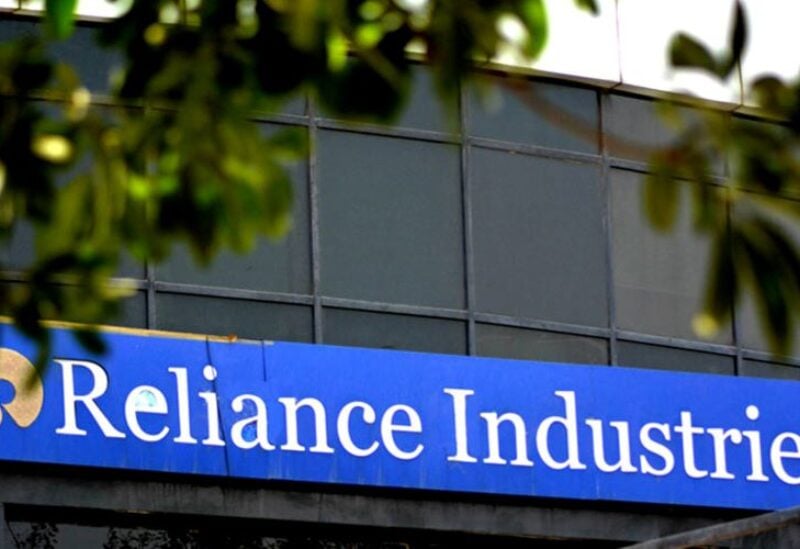
Reliance Industries
As billionaire Mukesh Ambani’s conglomerate intensifies its drive into renewable energy, a fully owned company of India’s Reliance Industries will purchase Faradion, a sodium-ion battery technology startup, for an enterprise value of £100 million ($135 million).
According to an exchange filing on Friday, Reliance New Energy Solar, which has signed definitive agreements to acquire 100% of Faradion, will also invest £25 million in the company – which is based in the northern English city of Sheffield and Oxford in the south-east – to speed up the commercial roll out.
“Compared to competing battery technologies, Faradion’s sodium-ion technology presents substantial benefits,” Reliance stated in the application, describing it as low cost, scalable, and sustainable.
It further said that there is “no reliance” on cobalt, lithium, copper, or graphite.
The acquisition is the retail-to-refining conglomerate’s sixth green agreement, as part of a three-year commitment to invest $10 billion in sustainable energy initiatives.
Mr. Ambani, Asia’s richest man, intends to turn Reliance, which currently derives roughly 60% of its revenue from fossil-fuel-related operations, into a carbon-neutral company by 2035.
During trading on Friday in Mumbai, Reliance shares gained as high as 0.9 percent. This year, the stock has increased by around 19%.
This recently acquired technology will be used in Reliance’s projected energy storage giga-factory in Jamnagar, Gujarat, where it operates the world’s largest refining plant.
Ambani plans to build four giga-factories for making electrolysers for producing green hydrogen, solar modules, fuel cells and storage batteries.
The Faradion acquisition will “put India at the forefront of leading battery technologies”, Mr Ambani said in a statement.
India has a target of creating 450 gigawatts of renewable energy capacity by 2030 and turn net carbon zero by 2070.